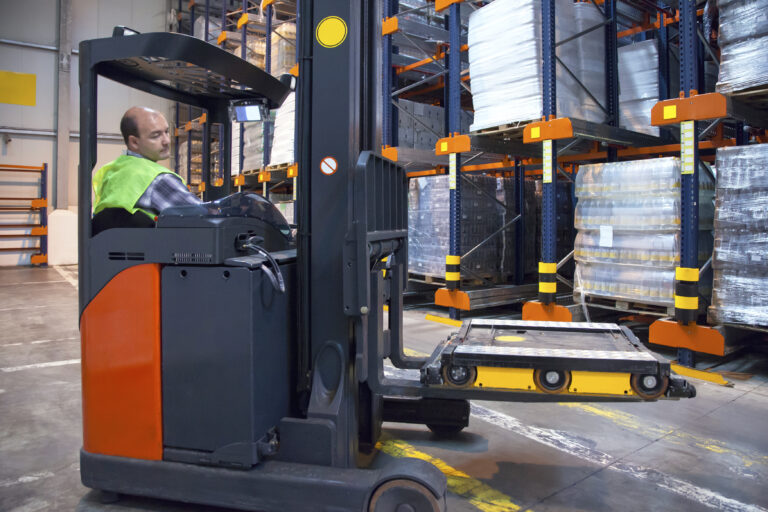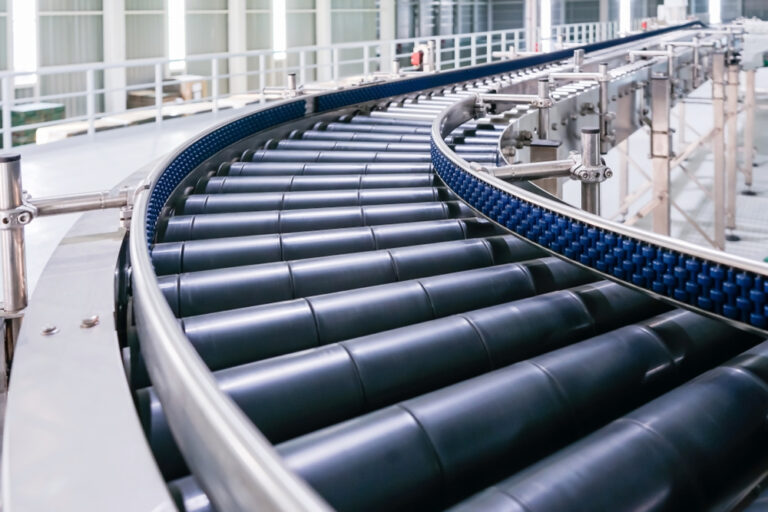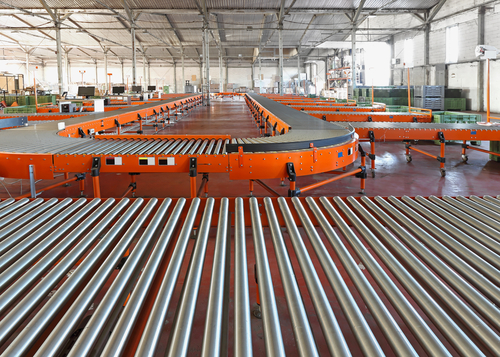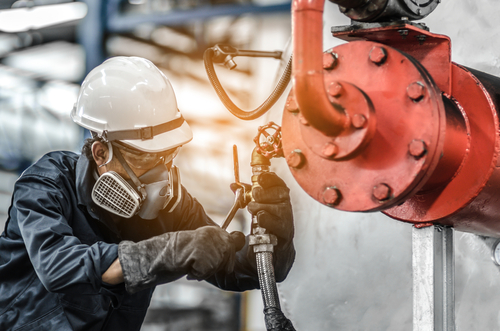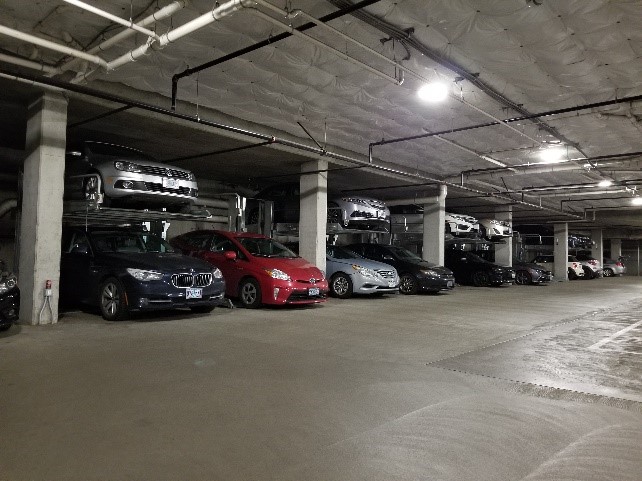Conveyor belts are an essential part to keep business moving. Choosing the right option for your needs can mean the difference between speed and success or delays and unsatisfied customers.
Here’s an insider’s look at popular types of conveyor belts and their surface area to help you uncover what’s best for your business.
What is a Conveyor Belt?
Conveyor belts are material handling systems created to move components, materials or supplies through an important step in your product process. The ideal conveyor belt will easily and efficiently fit into your line, helping your team save time, energy and expense.
With two motorized pulleys and a conveyor material looped around, this machine ensures that your projects continue moving forward. So you can imagine the kind of business-stalling issues that come up if conveyor belts aren’t selected, installed and evaluated properly.
At Mathews Mechanical, we install, maintain and repair conveyor belts with a high quality industrial service. We even promise to be available for emergency service 24/7. We’re here for you from the beginning with trained installers who manage the project from start to finish. With preventative maintenance on your conveyor belts and their surface area, we aim to save you money by maintaining your conveyor belt and its surface area on a recurring schedule. This ensures that problems are addressed before failures occur, giving your business more up-time.
What Conveyor Types Can I Choose From?
There are countless varieties of conveyor belts to choose from. Selecting the right conveyor belt for your project requires taking a look at your project needs and searching for the type of conveyor belt that will be a perfect fit.
- MDR (Motor-driven roller): Instead of running continuously, the MDR conveyor belt utilizes sensors so it only runs when there’s something to move. This energy efficient design features numerous little motors instead of one large motor so your business can easily cut production costs.
- Roller bed conveyor: When supplies are loaded in a conveyor with the help of gravity over a long distance, a roller bed conveyor can be a great choice. With a surface area made from rollers, this conveyor belt can be customized in length with the simple addition or subtraction of rollers.
- Flat belt: This type of conveyor belt can be easily adapted to the needs of your team. With a number of pulleys, this conveyor belt moves items down its surface area, which can be made of natural or synthetic materials.
- Modular: Built with connecting pieces of tough plastic, modular conveyor belts can be removed and replaced as needed. The surface area of this conveyor belt is also easier to clean and can withstand sharp, touch substances.
- Cleated: The key feature of cleated conveyor belts are their pockets that grab loose items when the belt surface area declines or inclines. This type of conveyor belt comes in a variety of options to best fit your needs.
- Lugs and pegs: If you are working with an item that doesn’t need continuous support, lugs and pegs conveyor belts can be a cost effective solution. They also work well moving products of different sizes.
- Sidewall: These unique conveyor belts are designed with sidewalls to keep your items on the conveyor belts despite inclines or declines. With a sidewall, your team will likely be able to increase load capacity and efficiency.
- Curved: When you need to move things around belt corners, make transfers or use floor space more efficiently, curved conveyor belts are here to help. These belts can make turns at numerous angles and are even capable of making “U” turns to ensure the best use of your space.
- Incline or Decline: Whether you’re moving products up or down, there’s a conveyor belt for that. These belts have a top surface area made of rough material to make sure product isn’t lost on the way. The bottom of the belt is made smoothly to keep it running smoothly.
- Filter: If your line includes the draining of excess fluids or contaminants, a filter conveyor belt is here to get the job done. Built with lateral grooves and holes, this belt allows fluids to escape without soaking the surface area fabric.
- Hinged: When you need a conveyor belt that will withstand rough materials like metal and steels, a hinged belt may fit your needs. Constructed with joined flat metal slats to rotate around pulleys, this belt’s surface area won’t be destroyed by harsh, stressful conditions.
- Indexing: With fixtures designed to hold a product in place, indexing conveyor belts can be utilized for assembly operations as items are moved from station to station. This belt is typically part of a machining process.
- Sandwich: With two belts face to face and one belt on top to firmly hold materials, the sandwich conveyor belt can assure stability. Equipped with a rotating wheel, this conveyor belt enables pressure and gap adjustment.
- Anti-static: To keep materials from sticking to the belt, an anti-static design can be helpful. These belts are made with no-carbon particles and static dissipative materials to combat ionization.
What If I Need a Custom Conveyor Belt?
Mathews Mechanical is unique in that we not only install and repair conveyor belts, but we also create custom conveyors. We are problem-solvers, after all! For example, it was our privilege to create a custom solution for a client that manufactures chocolate. The company needed a specialty conveyor belt that could pass through a metal detector, to ensure safety. We built for this organization a customized conveyor belt made of plastic and polycarbonate so a metal detector could ensure their product was safe.
There may come a time where you can’t find a conveyor belt that fits your needs off the shelf. That’s why Mathews Mechanical is here to solve your problems — no matter how unique they might be.
Looking for high quality service to fulfill your conveyor belt needs? Look no further than Mathews Mechanical. Learn more about what we can to help you meet the industrial maintenance and mechanical service needs of your business.

